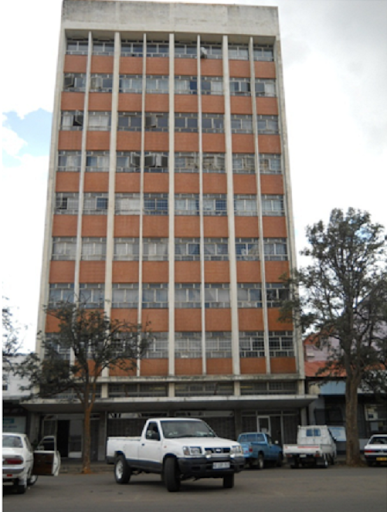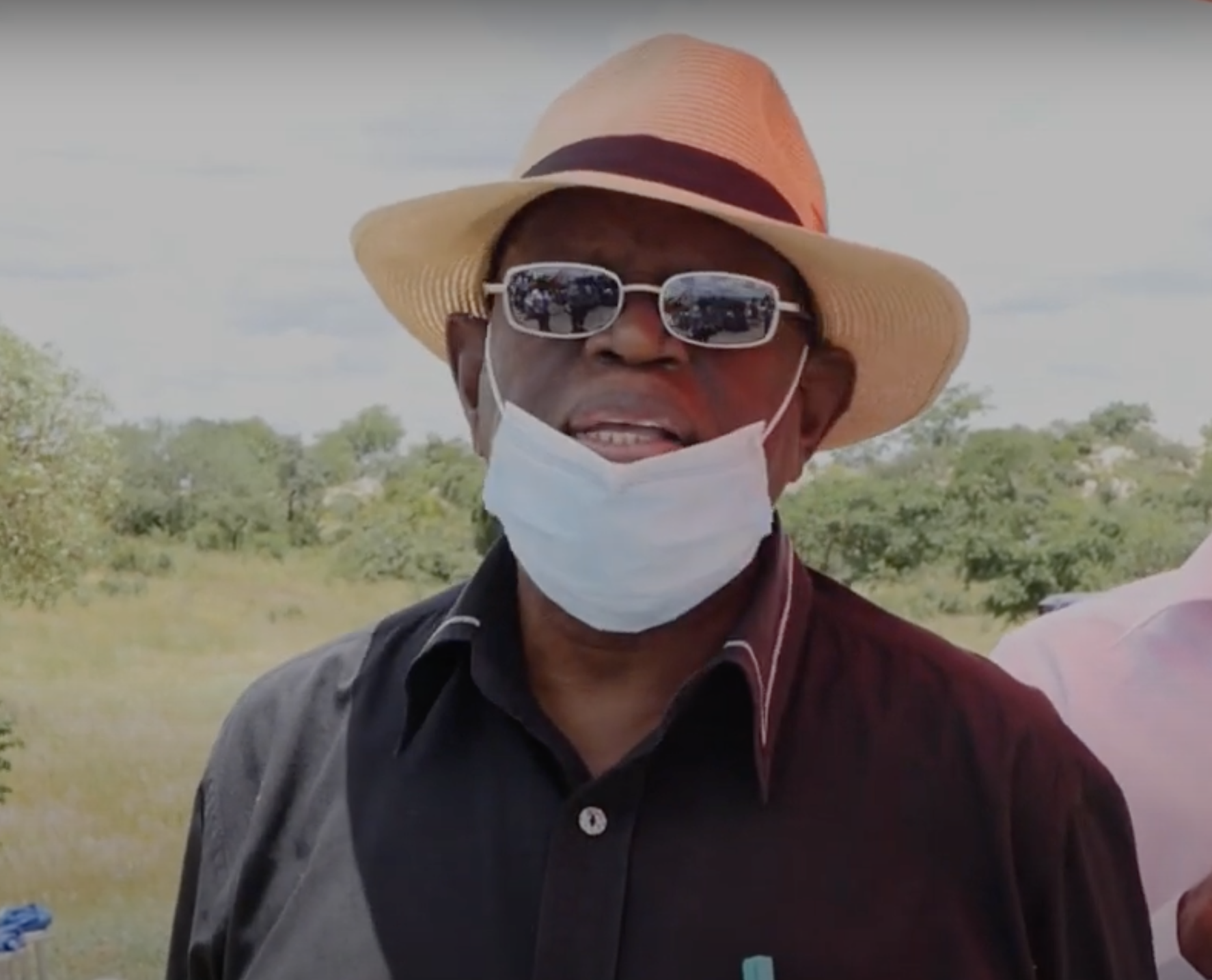The ZPRA Veterans Association is calling for the creation of a Statutory Instrument to solidify government support for liberation war veterans, particularly regarding vetting and allowance concerns. A Statutory Instrument is “any proclamation, rule, regulation, by-law, order, notice or other instrument having the force of law, made by the President or any other person or […]
Tag: Buster Magwizi
Posted inNews
Magwizi eyes Zapu vice presidency
Posted inNews








